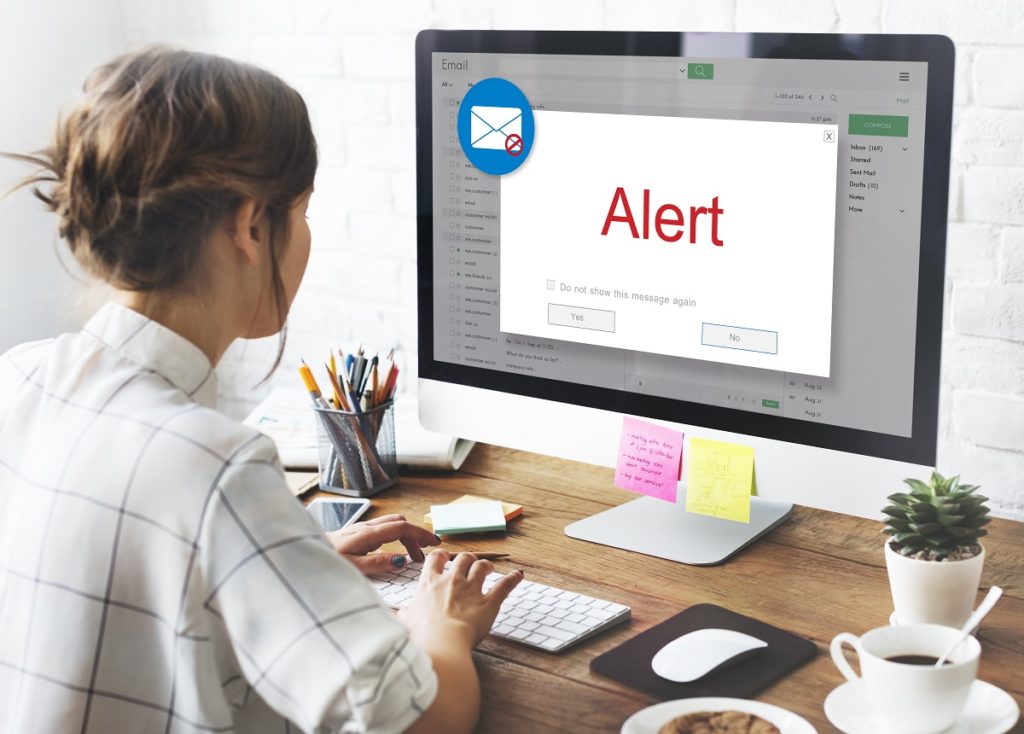According to the Australian Competition and Consumer Commission’s Scamwatch, Australians lost $340 million to scammers in 2017. The most commonly reported scam? Phishing. Apart from that, it is also the top reason behind data breaches in Australia, per the Office of the Australian Information Commissioner.
For businesses, especially those dependent on technology like cloud computing and storage, phishing is one of the biggest threats to data security. But what exactly is it and how does it become a security risk?
Phishing, Explained
Phishing.org defines phishing as “a cybercrime in which a target or targets are contacted by email, telephone or text message by someone posing as a legitimate institution to lure individuals into providing sensitive data such as personally identifiable information, banking and credit card details, and passwords.”
The data that the people behind a phishing attack collect can then be used to access bank accounts and e-mails and may also result in identity theft. This is why being a victim of phishing can be extremely damaging to individuals and large groups, like businesses, alike.
Fortunately, you can avoid falling for phishing scams by practising certain methods. In fact, more and more companies are conducting security penetration testing and training against phishing. So should you. Consider the following reasons:
- Identify weak links
Ethical hacking, penetration testing, mock phishing—whatever you call it, the method involved is almost always the same: you hire a company to try to phish your own employees or penetrate your system’s security. This may be through e-mail, calls or going to your office premises where the representative from the security company can install phishing devices themselves. By testing your company’s security measures, you’ll be able to identify who’s most likely to be a target of phishing scams and where in your network your security is weakest.

- Reduce vulnerability to phishing
The act of purposely testing phishing risks on your employees, however, isn’t enough to instil an awareness of phishing scams and the risks associated with such. So, once you’ve identified the security risks within your organisation, you can then safely educate your employees about how phishing works and the dangers associated with it. With the mock phishing attempt fresh in their minds, they are likely to take anti-phishing training more seriously.
Of course, you have to be careful not to completely scare them away from opening e-mails, clicking on links and answering calls or text, as these duties may be part of their job. As long as they learn to identify e-mails that smell “phishy” and know what to do when they receive these kinds of messages, your business will be better off.
- Comply with best practices
Security should be one of the top priorities of your business and cyber attacks like phishing are one of the biggest threats to that. So, the logical step is to stay on top of these security threats by complying with best practices, such as training your employees to recognise cyber attacks. What’s more, these training sessions should be regular and up-to-date, at par with how fast hackers and their techniques develop nowadays.
An effective simulated phishing campaign or any other cyber attack training should be well-planned, managed and executed. When you conduct these important training sessions, you can rest in the knowledge that you’re proactively doing something to secure your organisation’s safety.
